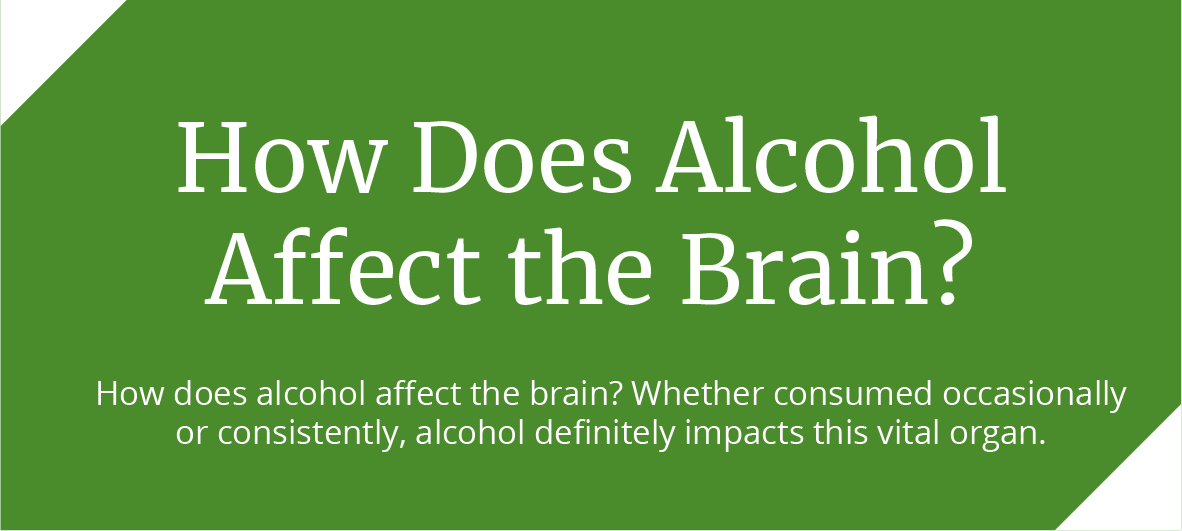

Anyone who has ever consumed alcohol knows that it can impact the brain and the body in a lot of different ways. How does alcohol affect the brain, exactly? It impacts everything from memory to balance to pleasure, and some of these impacts can lead to addiction or long-term health consequences.
How Does Alcohol Affect the Brain?
GABA Production Rises Thanks to Alcohol
A known depressant, alcohol creates more GABA in the brain. GABA, or gamma-Aminobutyric acid, calms down the nervous system. In large doses, it can depress the central nervous system quite dramatically.
This means that your brain and various parts of your body aren’t communicating as quickly as normal. It’s what makes people slow to respond or move when they have had too many alcoholic beverages.
Alcohol Increases in Dopamine Production
Although alcohol slows the central nervous system, it also creates more dopamine for the brain. Dopamine is the feel-good chemical that helps us experience pleasure. It makes most people enjoy drinking alcohol.
The biggest problem with dopamine production is that it alters the brain’s reward system. As your tolerance grows, you need increasing amounts of dopamine to feel the same pleasure. That often translates to drinking more and more alcohol, which in turn leads to addiction.
Alcohol Reduces Inhibitions
Thought processing and consciousness are centered in the brain’s cerebral cortex. Drinking alcohol depresses this part of the brain, which means that processing information happens at a slower rate, if at all. Additionally, it lowers your inhibitions. This can lead to dangerous or risky behaviors that most people wouldn’t engage in when they’re sober.
Lapses in Memory
One of the most common and obvious ways that alcohol affects the brain is memory loss. Drinking just one or two alcoholic beverages can lead to lapses in memory, and binge drinking could result in total blackouts. The only way to end these lapses in memory is through addiction rehab. Even those who aren’t struggling with alcohol addiction may notice lapses in memory after drinking.
Balance is Negatively Impacted
Alcohol immediately impacts the cerebellum in the brain. This is the part of the brain that keeps you upright and stops you from falling over all the time.
When you start drinking alcohol, your cerebellum isn’t functioning as well as normal. You might not be able to walk in a straight line, and you’re far more likely to fall over as a result of consumption.
So, how does alcohol affect the brain? Not only does it impact your brain and body, but it also stunts your ability to lead a healthy and happy life. Psychological and psychiatric care at Ashley Addiction Treatment can be one way to end a dependence on alcohol for good.
To learn about our treatment approaches and begin your addiction recovery, call us today at 866-313-6307.
